It’s obviously important that mother and baby spend a lot of time together in the early weeks. When your partner is breastfeeding or bottle-feeding she’s also developing important eye and skin-to-skin contact with your baby. Try to keep in mind that you’re not in competition with her, and the time they spend alone together is not something to be resented.

Still, as you all start to settle into a routine, find a part of the day when you can have some quality time with your baby. That’s when your little one will launch her charm offensive on you by simply grabbing your finger or smiling. Before you know it, you’ll be completely head over heels in love, and not just because you think you should be. Studies show that fathers who are at their baby’s birth and hold their little one shortly afterward, have very similar feelings of attachment to those experienced by mothers for the first few weeks.
Putting in the time and effort at the start is certainly worth your while. Most research suggests that keeping close during those early months will encourage a good relationship with your child as she gets older. Even talking to your partner’s bump before your little one arrived will have been time well spent, as your newborn baby is supposed to be able to recognize your voice. To look at it in crude business terms, it means that every nappy changed, every cuddle and every game of “peekaboo” is an emotional investment for the future, building trust between you. Studies also suggest that mothers and fathers tend to specialize in different types of contact once their baby is past its first few weeks of life. The mother’s role is likely to involve more talking and quiet interaction, while the father’s role tends to involve more physical playfulness. Obviously, this may just reflect existing role models and stereotypes. However, it does give fathers something to aspire to. You are the “fun parent”, the one who does the piggy-backs, the flying baby, the raspberries. It also means that you’ll probably be the lucky one who sees your baby laugh for the first time.
After four, five, six weeks of putting your baby’s needs above almost everything else, you’ve received absolutely nothing in return. It feels as if all your affection, attention, love and effort are being flung down a bottomless well. You’ve convinced yourself that parenthood is not for you and are even beginning to resent your new family member.
And then your baby smiles. You might have thought you’d seen it before. Her face could have contorted into what looked like a smile, but it was merely her trying to force out some trapped wind. Her lips might have curled up into the semblance of a semi-circle, but it was merely the first stages of a whimper en route to a full-on wailing session. No, your baby’s first smile is in a league of its own, and there’s no confusing it.
Maybe it’s because we’re shallow and easily pleased, but the emotion of making your child laugh is one of the most incredible you will experience. Ask other parents what makes their children giggle. You’ll often be surprised by the seemingly random answers. Try nodding your head, rustling a paper bag, putting on a jumper, sucking your thumb, blowing raspberries on your child’s belly or pretending to bite her. If all else fails, peekaboo is one form of physical slapstick that will be guaranteed to work. Revealing your head from under a sheet, towel or jumper will, for some reason, have your child in fits of laughter for hours.

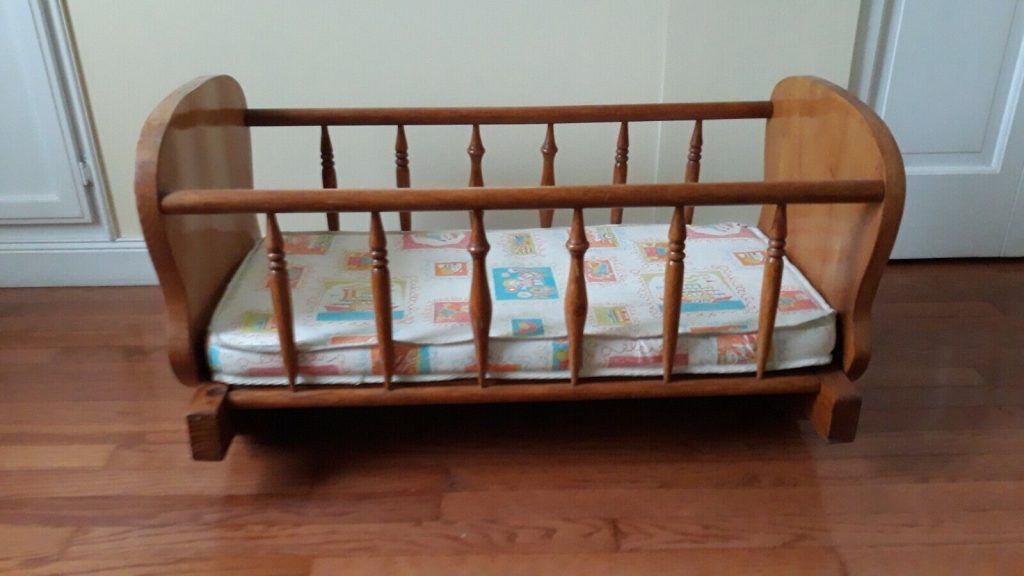

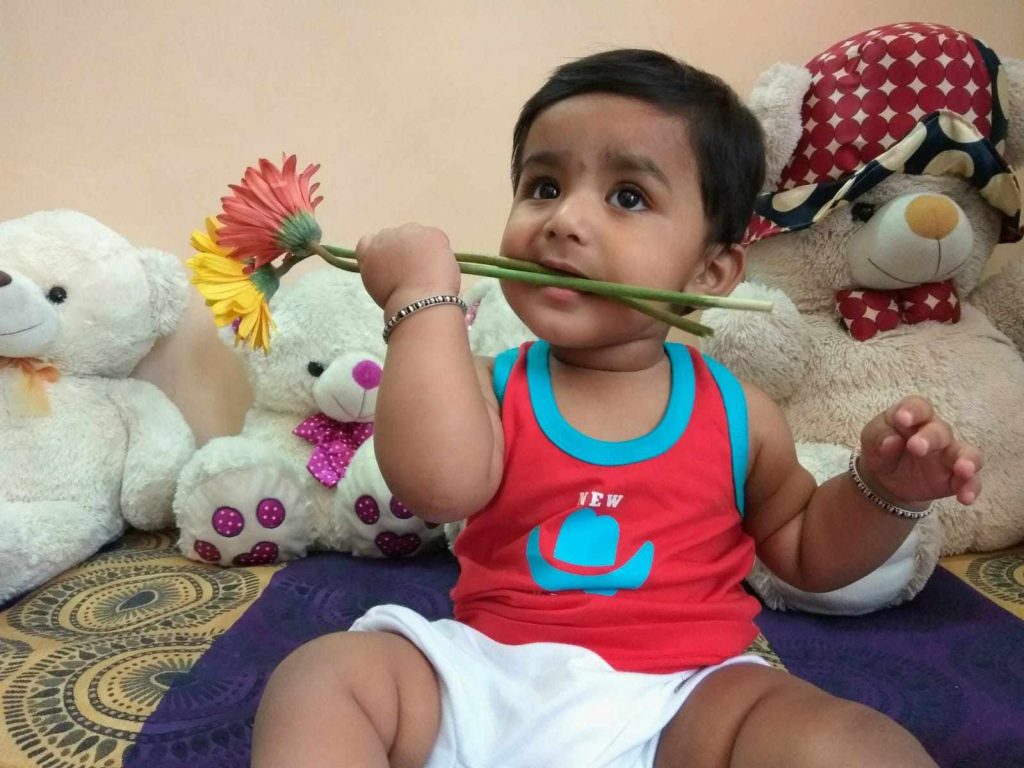
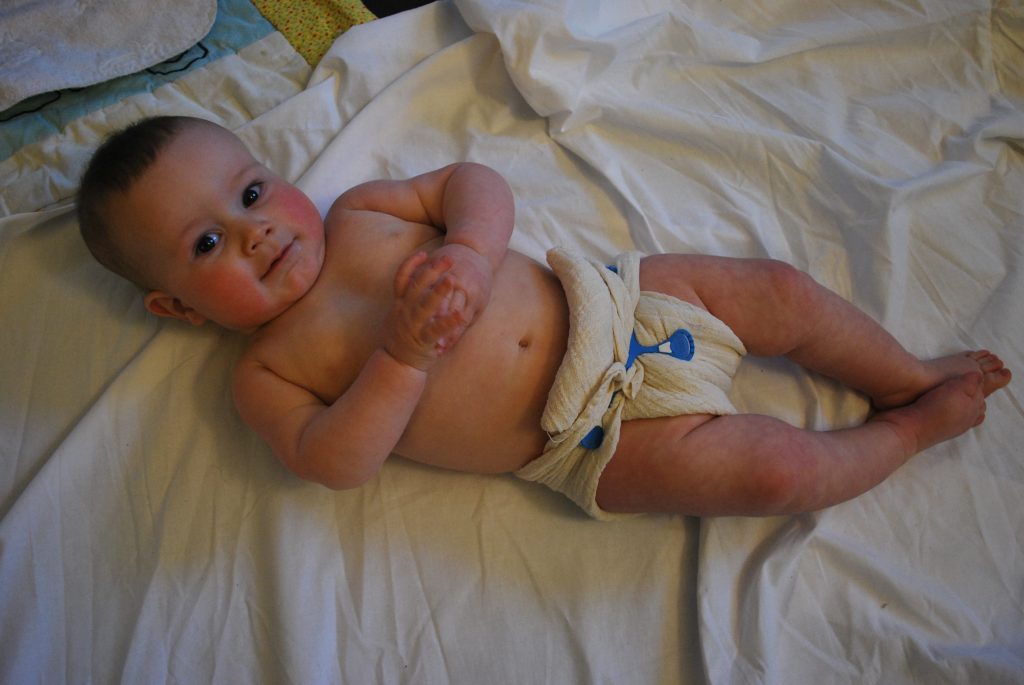
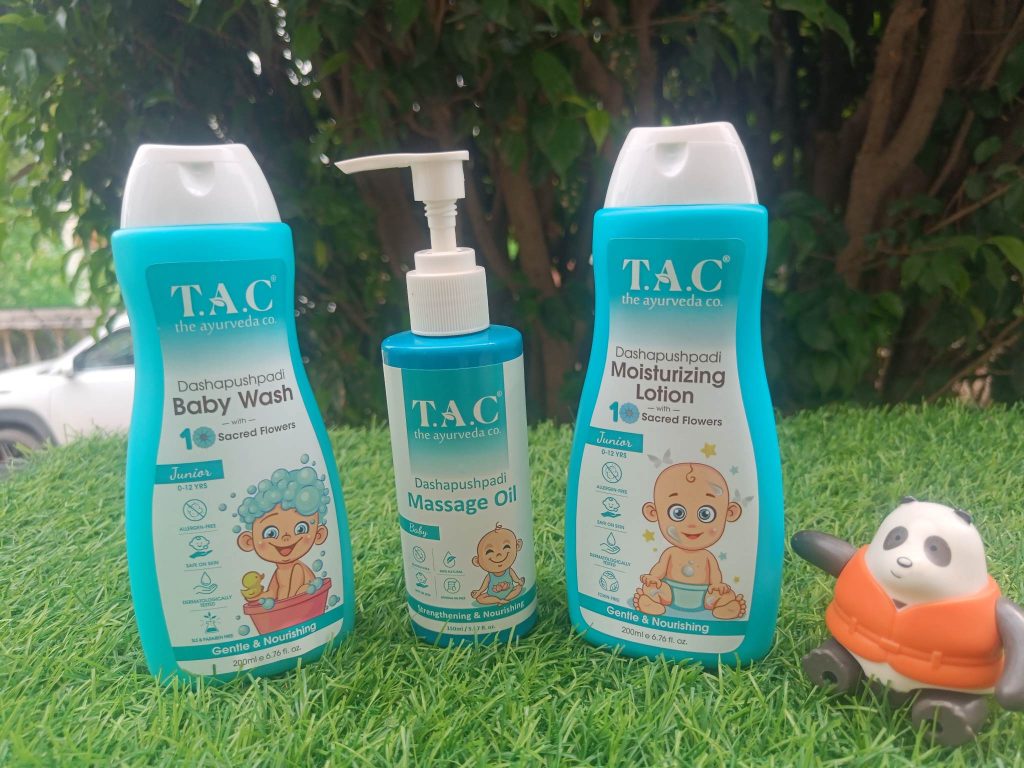
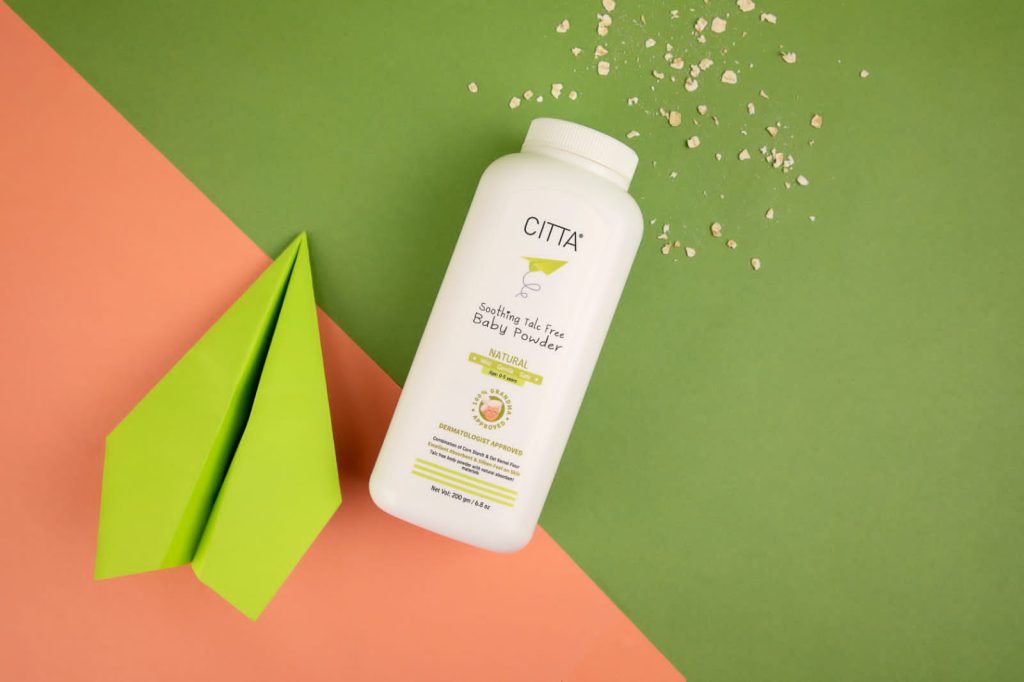

Leave a Reply